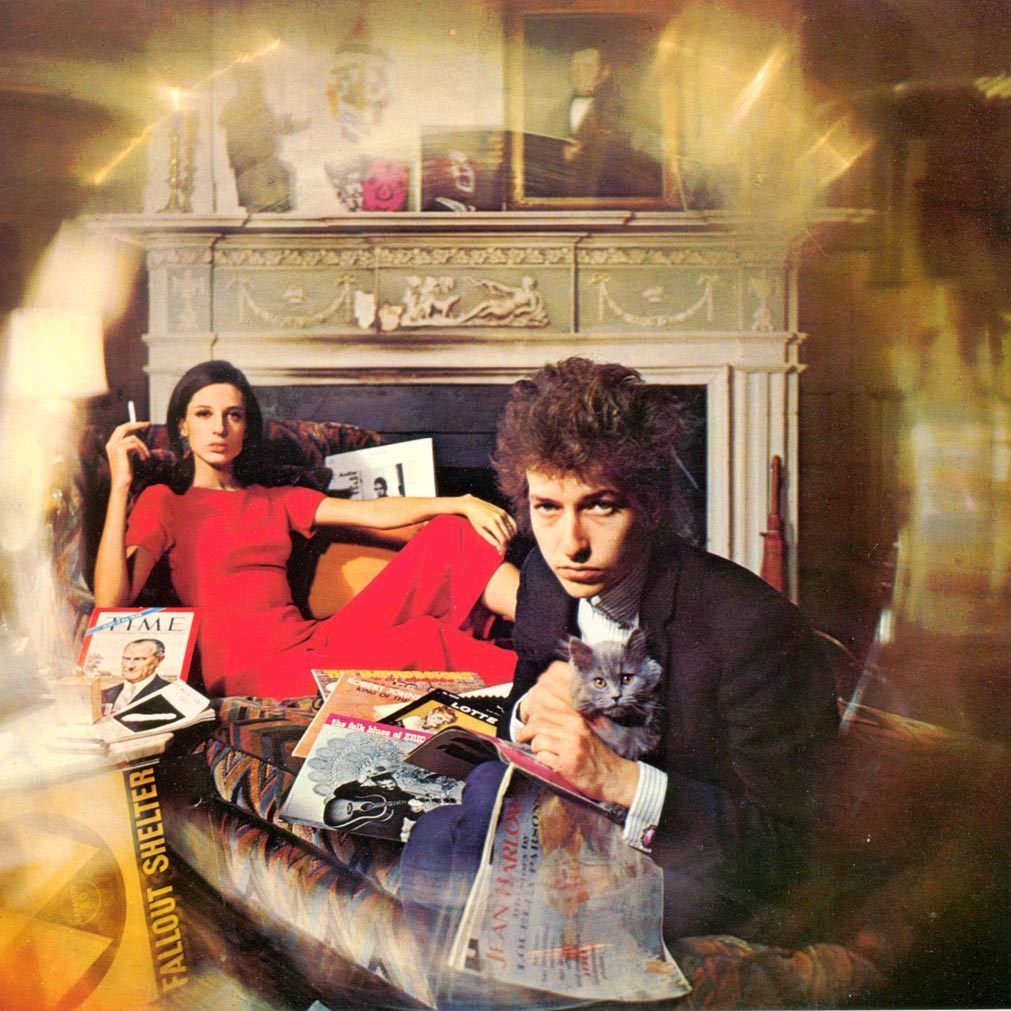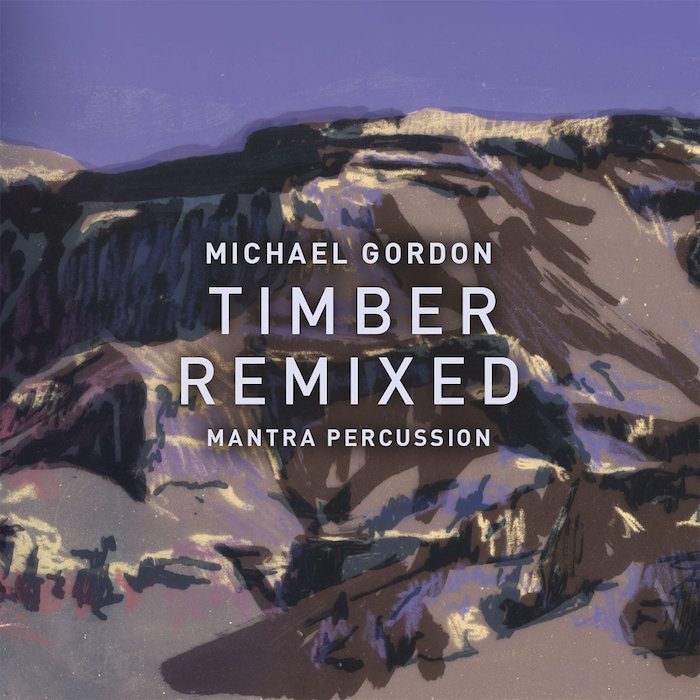
The year-end list is a tricky politic. You want to be fair, objective, and omnivorous. You want to be unexpected, but not too unexpected. Every December, Grammy nominations and Best Albums lists are released within weeks of each other, and while I’m no conspiracy theorist, I can’t help but suspect that the former informs the latter (along with sales figures, hype, etc.). Just reading through the big names in music journalism, there is a pattern that would be silly to ignore.
This year, Lemonade, The Life of Pablo, 22, A Million, A Seat at the Table, Blonde, Anti, Coloring Book, Puberty 2, Blackstar and A Moon Shaped Pool have dominated the top slots. I take no issue with this, as these are all great records worthy of praise. But it does make me suspicious…while I do not conspire, I frequently suspect. The big music pubs bear their differences, and vary in their positioning of said records. But isn’t a different configuration of the same set of data kind of like…switching up the seating chart at a dinner party?
(I won’t pretend to understand the process editors and staff writers undergo when making their year end lists. I’m sure it is far more complicated and arduous than I am alluding to.)
I am actually grateful for the big guns writing about the same records, because it means I don’t have to. It’s done! What I’d rather do is share with you some music that flew under the radar this year, despite its wonderful wingspan. And with that, I give you the Under-heard/Under-sung Releases of 2016.
LPs
Timber Remixed-Michael Gordon, Mantra Percussion, Various Artists

When I reviewed this album in November I likened it to a vibratory massage – something you felt as much as heard. For that fact alone this record is worthy of a listen…I’ve never heard anything like it. What Michael Gordon began in 2009 with six 2x4s has been re-sculpted by Mantra Percussion and some of the most interesting contemporary musicians and producers out there.
Tim Hecker, Fennesz, Hauschka, and Oneohtrix Point Never are just a few names that can be found on this record, but despite the strong point of view each guest producer brings to the table, none of them overpower the original, resonant beauty of percussive wood.
Open To Chance-Itasca
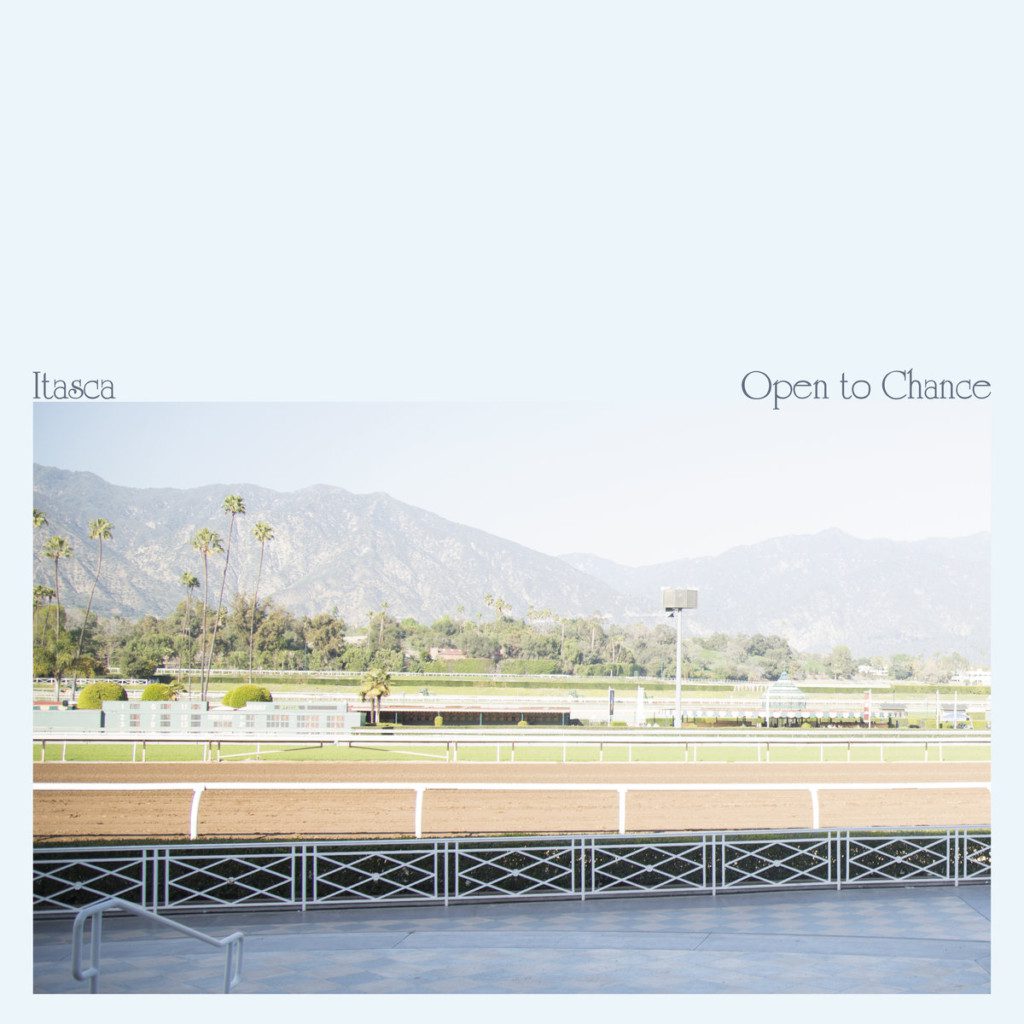
Is there a sweeter songbird than Itasca’s Kaya Cohen? Not that I’ve heard in a while. But Cohen is no mere voice – she is also the core songwriter of the band, and that delicately plucked guitar gracing the LP is hers as well. Open to Chance is an album in full – one that maintains a gorgeous sonic texture throughout. Here you’ll find country drums, twanging guitars, and the shining cry of the pedal steel. Favorite tracks include “Buddy,” “G.B.” and “Daylight Under My Wing,” the latter of which calls to mind the airy arrangements on Bill Callahan’s Dream River (think: flute).
Open to Chance is a seemingly fitting title for this record, as it is open to interpretation as well. At times hopeful and others forlorn, the record floats in a lovely shade of grey.
2013-Meilyr Jones
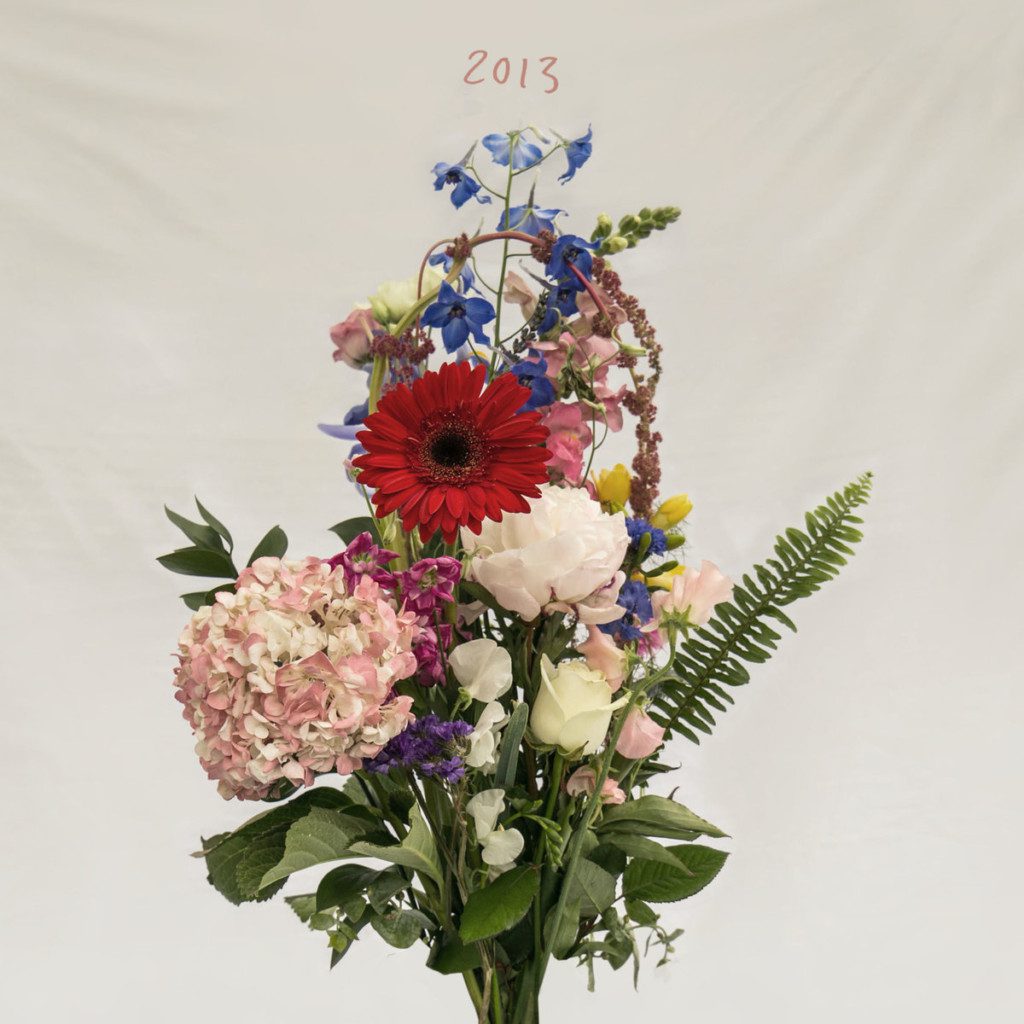
2013 could be hastily summed up as a baroque pop love letter to Rome. But it is so much more than that. In 2013 Meilyr Jones left his moderately successful band Race Horses, went through a painful breakup, and in an attempt to revitalize himself, moved to Rome for several weeks. He didn’t really have a plan, which often leads to the kind of open-mindedness necessary for creative catharsis to blossom. And oh, it did.
Though released three years after Jones’ excursion, the majority of the songs on 2013 were written in the ancient city, later recorded in the U.K. with a ragtag team of Jones’ musician friends. Given its dense and lovely instrumentation, one could easily think that this was an expensive record…but Jones is a resourceful man. Five of the twelve songs were recorded live in a single day with his last minute, 30-piece orchestra. And the songs aren’t only lush in arrangement – Jones covers lyrical ground that spans love lost, refugees, and the fallacy-ridden art world. A beauty.
Mirage Dreams-Breanna Barbara

Oh, what a belter this woman is! If you were to guess what Mirage Dreams sounded like by its wistful cover, you’d be real surprised when you pressed play. Breanna Barbara has a voice that reaches the breathy low of Hope Sandoval, and the shaky soprano of country sirens.
Barbara’s music is whiskey soaked, revved up, lit-cigarette blues. There is no shortage of pain on this record, especially on tracks like “Sailin’ Sailin’,” which seems to address the loss of a parent. It’s heavy stuff from that soft, wheat-framed face on the cover. That’s a contrast I welcome wholeheartedly.
The Gamble –Nonkeen

Remember that line in Zoolander when Jerry Stiller’s character says that Mugatu “is so hot he can take a crap, wrap it in tin foil, put a couple fishhooks on it, and sell it to Queen Elizabeth as earrings”? It’s a crass example, but that’s pretty much how I feel about Nils Frahm – though he’d never have to stoop so low to stoke intrigue. But seeing as I will devour anything with the Nils Frahm stamp on it, I leapt at the chance to listen to The Gamble by Nonkeen, of which Frahm is 1/3.
The other 2/3 are made up by Frahm’s childhood friends Frederic Gmeiner and Sebastian Singwald, who have been making music together on and off for decades. That level of intimacy is palpable on The Gamble; you can certainly hear the Frahm touch, but the composition as a whole is collaborative and progressive. There’s guitair, piano, synthesizer, tape loops and a whole host of sounds I love but sruggle to identify. A gorgeous soundscape in which to lose yourself.
Suicide Songs –MONEY
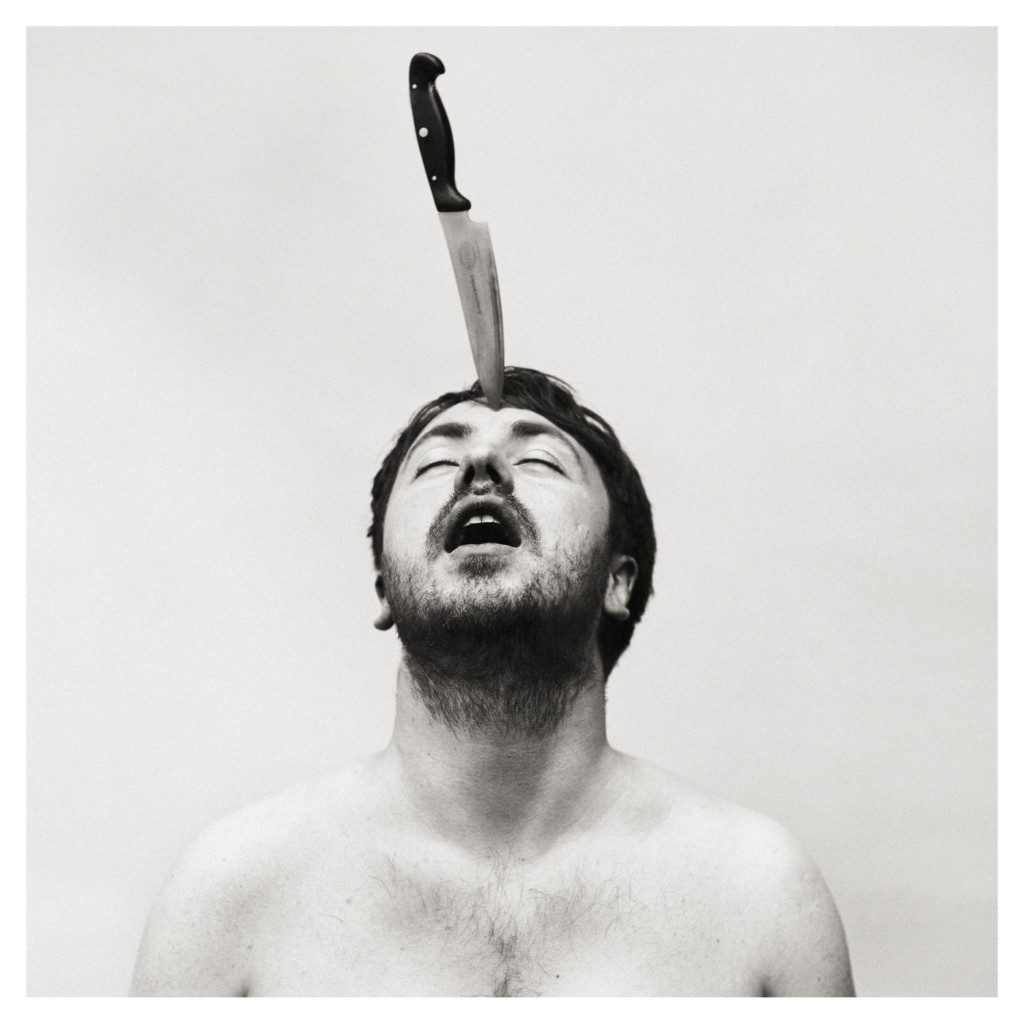
MONEY’s second LP entirely defied the sophomore slump, instead soaring upward to dizzying heights. These Manchester-based lads, lead by singer/songwriter Jamie Lee, might be melodramatics, but in a world where things like “chill wave” exist, I’m sometimes in the mood for a grand overture.
And Suicide Songs is ripe with them. Piano, strings, synths, guitar, drums, gospel choir…it is a BIG record, and I ain’t mad about it. The dense arrangements could be too much at times, but they are undercut but Lee’s rakish, imperfect vocal performance, which often sounds like a drunken man on the brink of tears. Perfect.
Flames & Figures –The Seshen
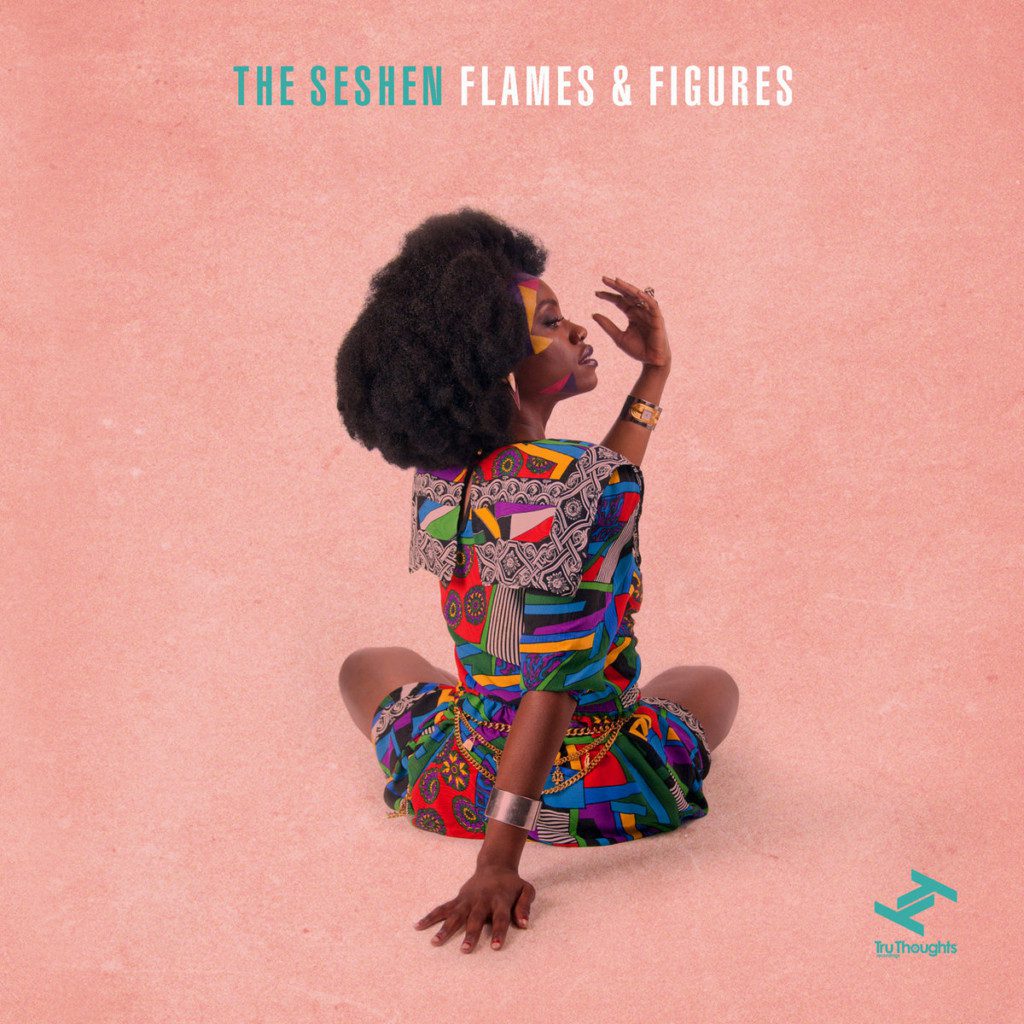
Don’t worry; I’m not going to just give you sad bastard music. It’s time for a little homegrown soul, at least, homegrown in the Bay Area that is. The Seshen is the musical marriage between singer/lyricist Lalin St. Juste and producer/bassist Akiyoshi Ehara. St. Juste, Ehara, and five other band mates churn out the synth-pop, R&B soul jamz I’ve grown to love this year.
Flames & Figures is a syrupy, textural pop gem that doesn’t skimp on well-placed drum machines and synths – but nothing tasteless or in your face here. Favorite tracks include “Spectacle,” “Periphery,” and the funky “Distant Heart.” Pour it on.
Along a Vanishing Plane –Christopher Tignor
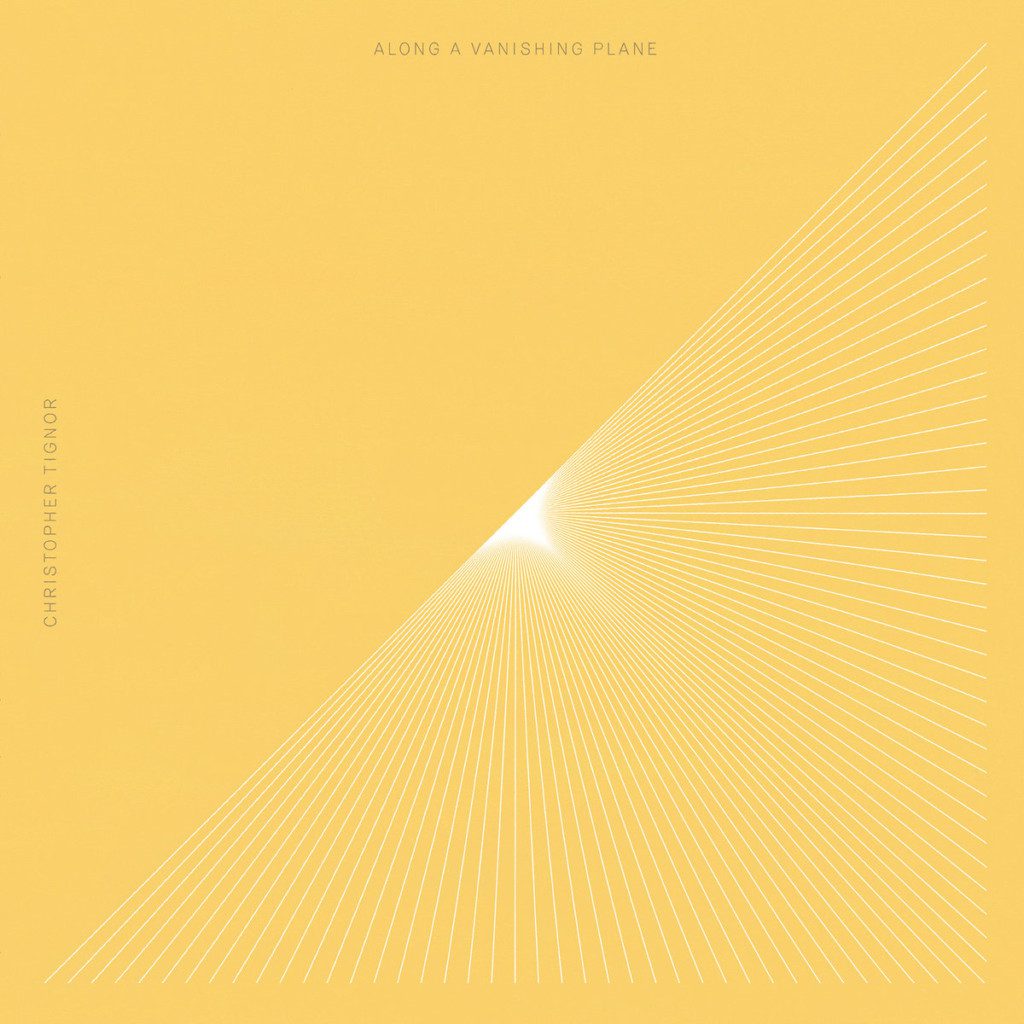
Christopher Tignor, the acclaimed violinist and composer behind Along a Vanishing Plane, achieves his unique sound through varying techniques with tuning forks and electronic manipulation. His music is spacious, emotive and contemplative. So when I learned he is also a software engineer, I was a bit surprised.
Then again, maybe it makes all the more sense. There is something so deliberate and organized about Tignor’s music, despite its space. “Artifacts of Longing Pt. 1” reminds me of a pared down Dirty Three number – awash in refined synths, that is. Closing track “The Will and the Waiting” is closer to Tangerine Dream with glittering, atmospheric synth effects and the *ping!* of Tignor’s beloved tuning fork. A striking record that would be best played when you have time to really sit and listen.
Changes –Charles Bradley
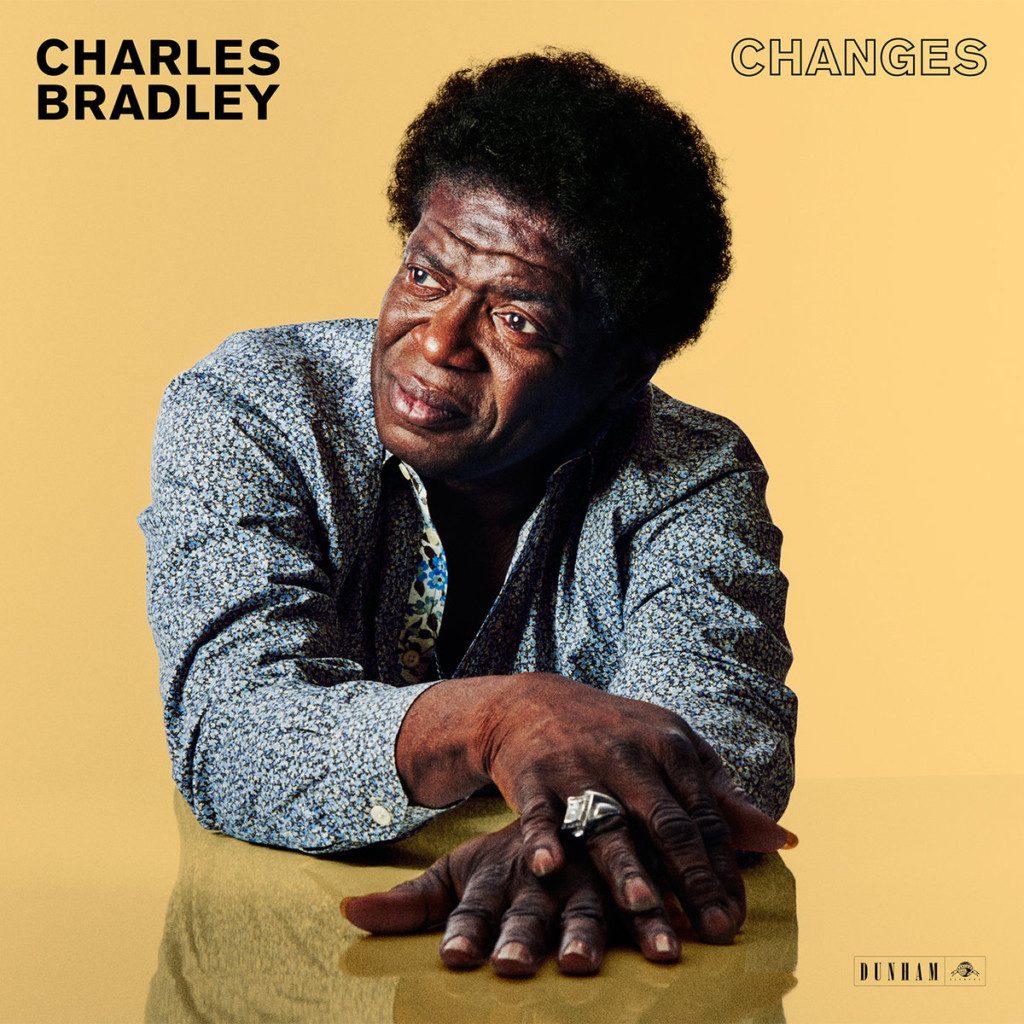
Charles Bradley is a man that, like his late label mate Sharon Jones, has challenged industry ageism, starting his career at an age well past most. Unfortunately, Bradley also bears a more frightening similarity to Jones: in October of this frustrating (dumpster fire?) year, he was diagnosed with cancer. But that hasn’t stopped him from sharing his phenomenal, soul revival record Changes, which seems to embody all of the wisdom Bradley has amassed in his years outside of the spotlight.
The title track is tragic, even more so as it was released seven months prior to Bradley’s diagnosis. “I’m goin’ through changes/It hurts so bad,” he wails. It upsets the ear and the heart to hear, as the dramatic irony of the painful change to come is too intense. A beautiful, soul-bearing effort from a man I hope will stick around a while.
Love Yes –TEEN

How could we resist a little local love for the ladies of TEEN? If any of you have seen this adept foursome live (perhaps at an Audiofemme event), you will know what fabulous musicians they are. But their prowess doesn’t end with musicianship; they are also exceptional performers and complex songwriters who understand as much about writing hooks as they do constructing dense music.
Love Yes did get some thumbs up this year from the likes of Nylon and Pitchfork (to name a few), but I would go so far as to say it is one of the under-noticed records of 2016, and it is definitely deserving of more praise. This electro-pop opus nods at the ‘80s but doesn’t drown in references. A favorite track is “Animal” for its grimy, Tubeway Army-esque synth riff that will surely stay stuck in your head until 2017.
EPs
Eskota – Catch Prichard

Watching the slow yet steady rise of Catch Prichard’s Sawyer Gebauer (FKA
Brittsommar) has been both gratifying and frustrating. Having championed his music for the past two and a half years, it was rewarding to see his first EP as Catch Prichard accrue praise from publications other than ours alone. Noisey, Impose, and American Songwriter were just a few who took note of his unique sound. But despite Gebauer’s upward mobility this annum, the Wisconsin-born troubadour remains largely unknown. And that’s a darn shame, because I’ve yet to find a soul unstirred upon hearing “Eskota,” the sorrow-washed meditation on love, loneliness and the impermanence of home.
While Gebauer had largely looked to European influences in the past, he found his country-lovin’, Americana roots in “Eskota,” which was recorded in an abandoned general store in a west Texas ghost town. Pedal steel, brushed snare, and late Springsteen era synths dance under Gebauer’s lead weight baritone throughout. An under-sung stunner for sure.
Tunnel Vision On Your Part – Happyness
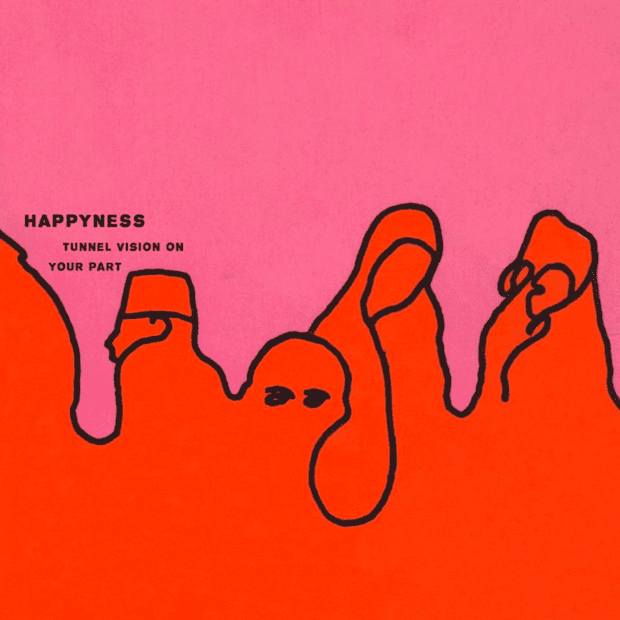
It’s no secret that I’m a massive fan of London trio Happyness. So when they popped out a new EP this year, I was flat out thrilled. I was slightly bummed it wasn’t an LP (which they are working on currently, by the way), but Tunnel Vision On Your Part doesn’t disappoint, despite its length. Clocking in at a curt twenty minutes, Tunnel Vision reminds me that an EP can be a beautiful lesson in brevity. Much like a short story or novella, ya gotta pack a lot more into 5 songs. There’s no space, no meandering instrumental track, no filler.
If I had to be just as brief describing Happyness, I would say they are three things above all. Subtle, understated, and catchy-as-all-hell. I guess it’s no surprise that a band so understated would go under-noticed throughout the year, but it pains me, because sometimes the most interesting people at the party are the shy ones, hardly saying a word. The most interesting person is rarely the loud guy dancing shirtless – but he seems to get all the attention anyway.
Earrings Off! – Adult Jazz
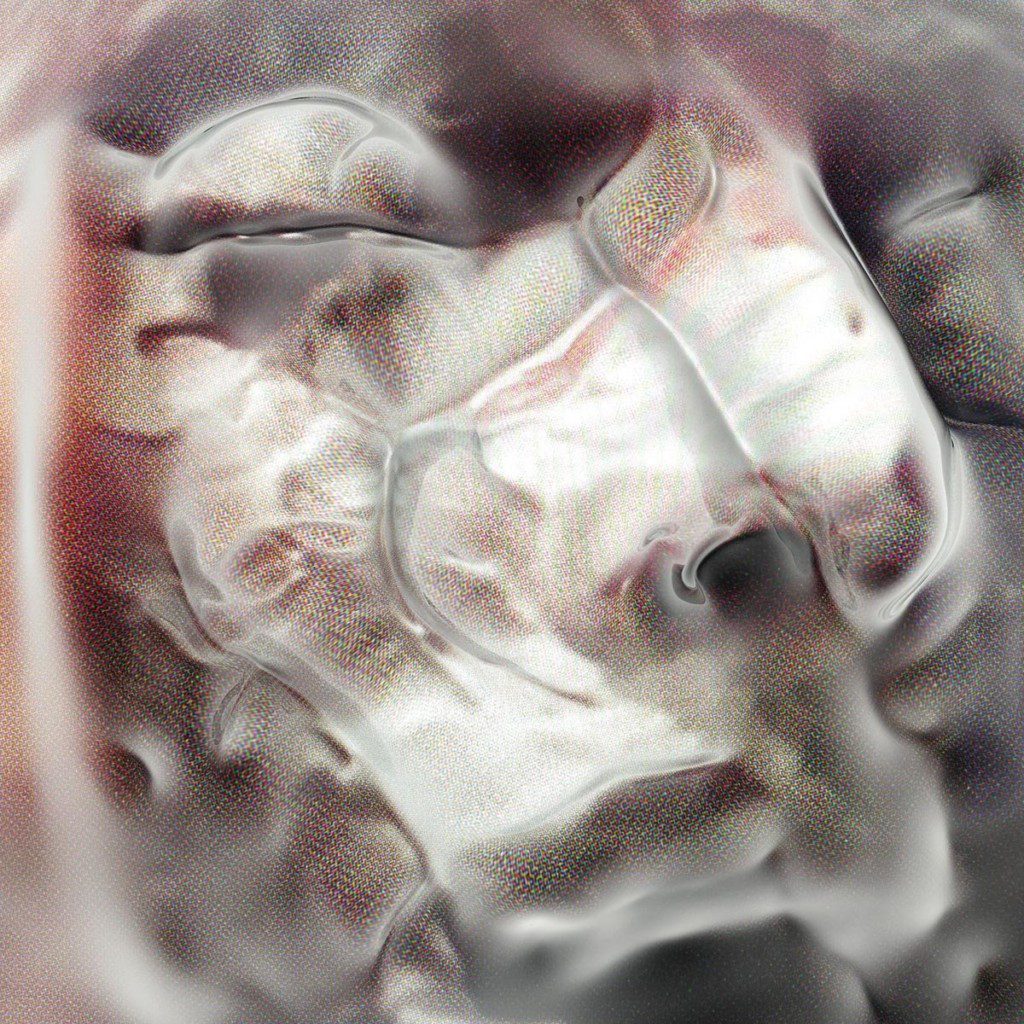
Earrings Off! is rife with difficult moments that fill me with unease. Therefore: I love it! And it seems as though I’m on the right track with that reaction. As Adult Jazz’s vocalist Harry Burgess said to The Guardian in 2014, “When you come up with a part that’s pretty, you need some obstruction…technology is good for shifting things to a more awkward place.”
I find great comfort in that awkward place, so thank you Adult Jazz. I have no idea where to shelve this little oddity, but that’s partially what I like about it. This twisted cacophony from the Leeds foursome contains multitudes, and can be described with just as much. A pop assault. Combat funk. A no wave, free jazz, synth-psych freak out that marries Arthur Russel, tUnE-yArDs, Dirty Projectors, and Animal Collective, but puts them all on speed. It’s a wild ride, and I suggest you hop on.
Don’t Call Us We’ll Call You – Dickicker

Don’t be fooled by the silly name (and album cover) – the nascent New York foursome may not have access to a gilded studio, but they certainly have the songs. One might not expect a band called Dickicker to be capable of sophisticated lyrics, and yet the writing partnership between lead vocalist Jim Freeman and guitarist Gray Hurlburt is an alchemic one. Often simple in their banal frustration, poetic truths drift in unexpectedly. In the EP’s opening cut “Alibi,” Freeman strains his hoarse voice while ruminating on past ambitions shattered:
“Going to the place we know/To dig up everything we sowed/Turn the soil over, let the water boil over/And burn the precious things we’ve grown.” Freeman has a phlegmatic scream that amplifies the palpable devastation in tracks like “Old Soul” and “Black Wine.” I’d hate to know how many cigarettes he’s smoked to acquire such a voice. But I want one just listening to him.
Big Fugitive Life – Ezra Furman
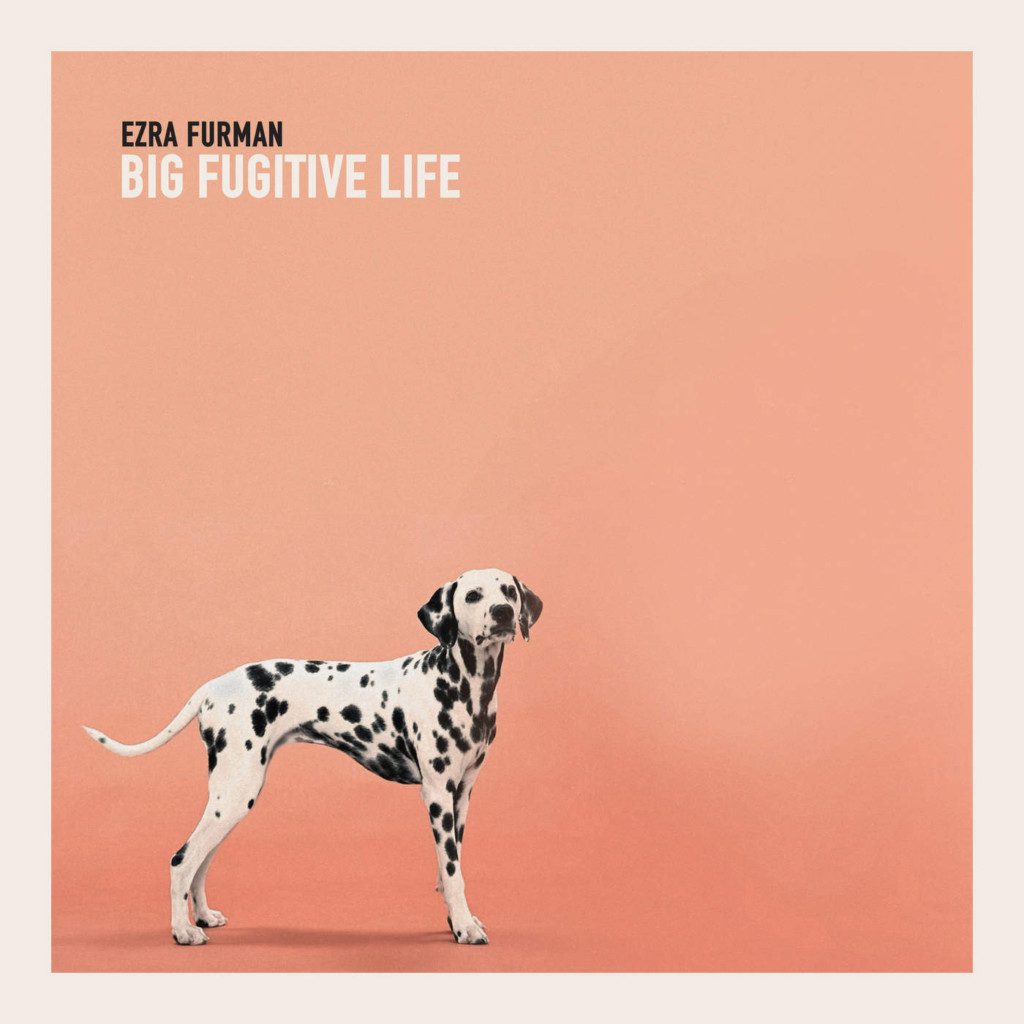
So far I have loved everything Ezra Furman has recorded. No amendment to that love given his latest EP Big Fugitive Life. This energetic collection of rock n’ roll tunes is a sweet seventeen minutes, packing in as much saxophone as possible. Furman’s voice is lovably shabby as usual, and at times (see: track five, “Splash of Light”) it seems that the band opted for a less-produced effect intentionally.
But Big Fugitive’s ragged nature doesn’t demean the richness of its songs. And that is a truth applicable to all music; that no matter the quality of the recording, you can’t rob a well-written song of its greatness.
